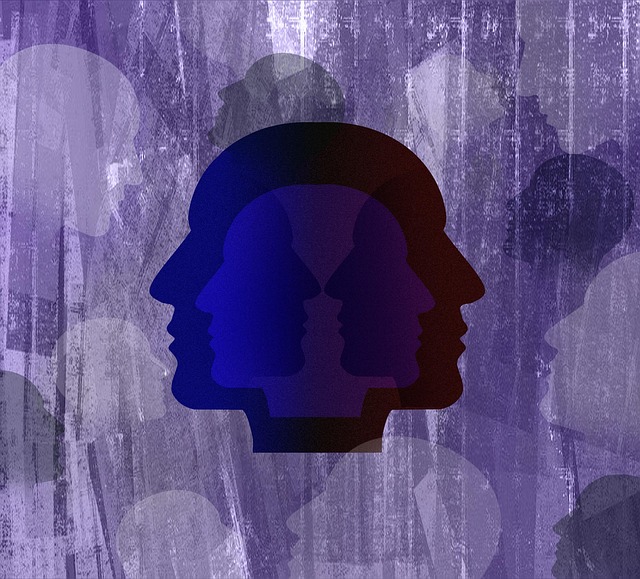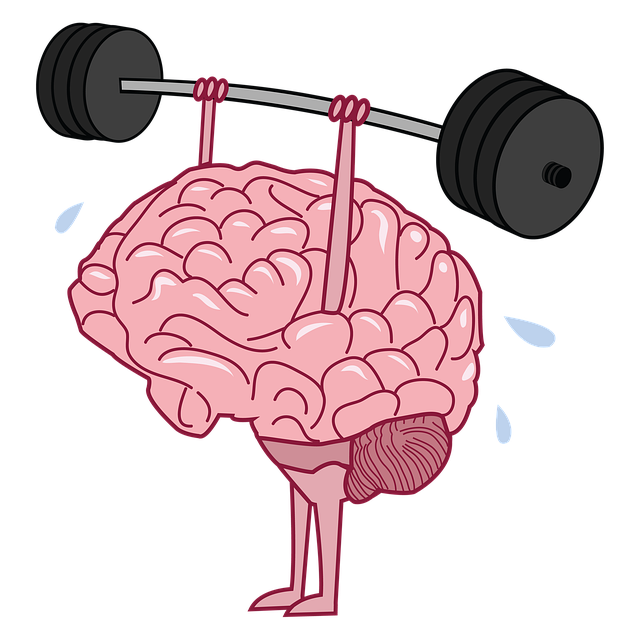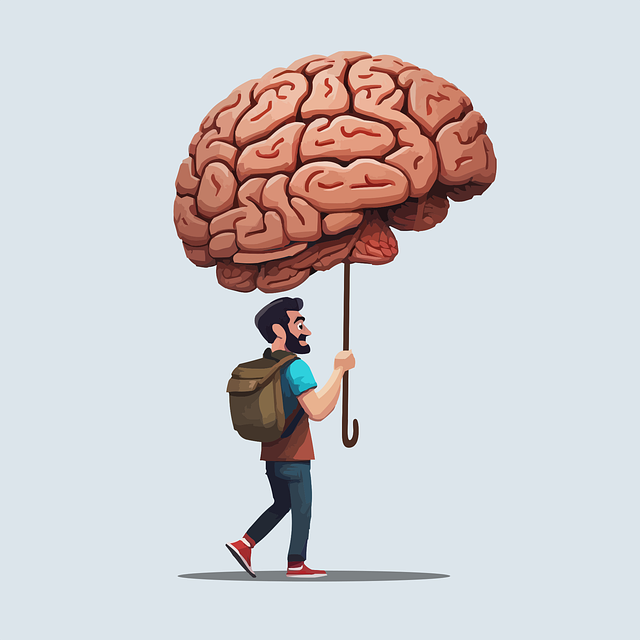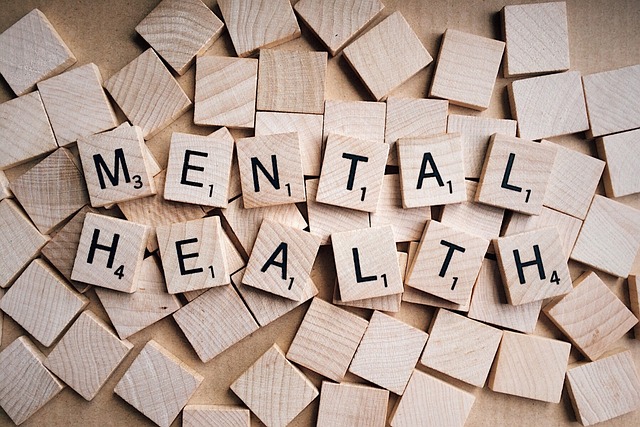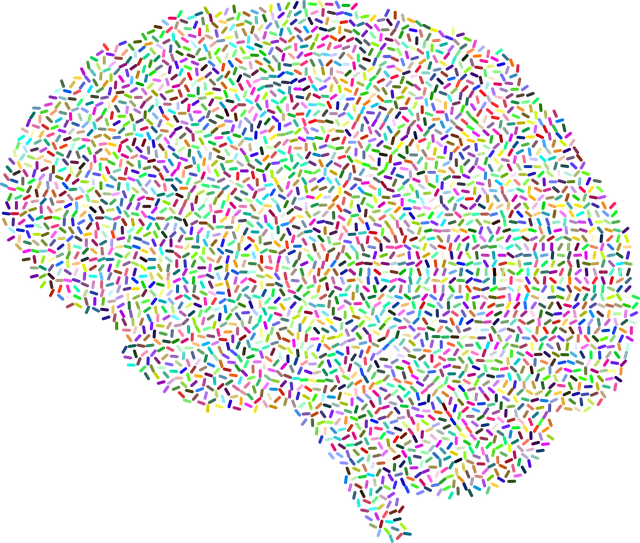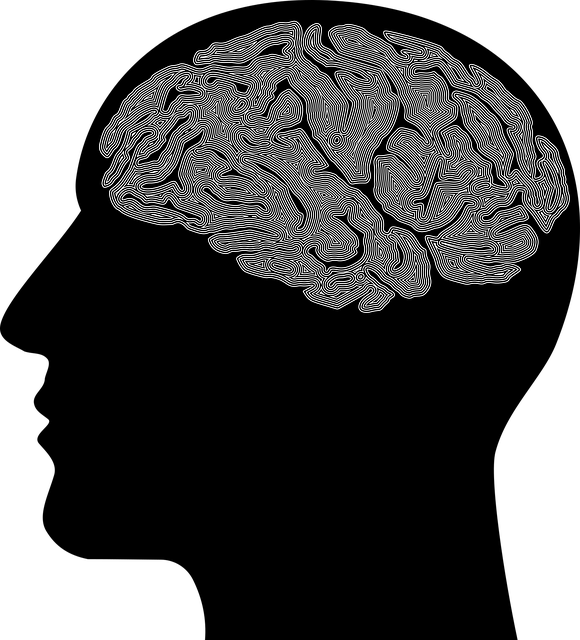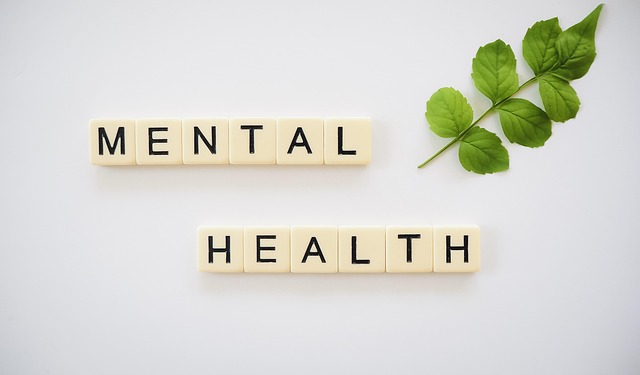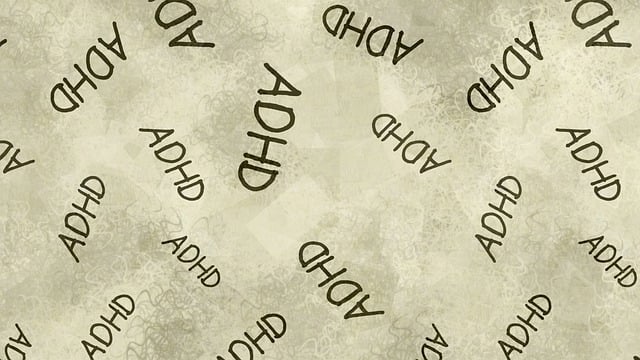Diagnosing mental health conditions in children is complex due to various factors influencing emotional expression. Professionals must consider trauma, family dynamics, and major life transitions, which can mimic or complicate illness presentation. Effective assessment requires age-appropriate tools, developmental understanding, and exploration of relationships. Integrating conflict resolution, mental health education, and innovative therapies like CBT and mindfulness improves diagnostic accuracy, enhances well-being, and promotes personalized treatment plans during challenging life changes. Professional training and family involvement are crucial for accurate diagnoses, especially in navigating major transitions like school starts or parental divorce, ultimately benefiting therapy outcomes.
Mental illness diagnosis accuracy is a critical aspect of patient care, especially in children. This article explores current challenges in understanding mental health diagnosis in children and offers insights into enhancing diagnostic accuracy. We delve into the impact of major life transitions on diagnosis, discuss innovative therapies for early intervention, and highlight the importance of professional training and family involvement. By integrating these strategies, we aim to improve mental illness diagnosis in children, particularly during pivotal periods like major life transitions.
- Understanding Mental Health Diagnosis in Children: Current Challenges
- The Impact of Major Life Transitions on Diagnostic Accuracy
- Innovative Therapies for Early Intervention and Accurate Assessment
- Enhancing Professional Training for Better Diagnosis
- Integrating Family Involvement for More Reliable Mental Illness Diagnoses
Understanding Mental Health Diagnosis in Children: Current Challenges

Diagnosing mental health conditions in children presents unique challenges that require careful consideration. Many factors can contribute to symptoms exhibited by young individuals, making accurate assessment a complex task. The current landscape of pediatric therapy often involves navigating through various issues, including trauma, family dynamics, and major life transitions, which can mimic or complicate the presentation of mental illness. These complexities necessitate a comprehensive understanding of children’s development and behavior.
One significant hurdle is the difference in how adults and children experience and express emotions, making it crucial to incorporate age-appropriate assessment tools and techniques. Effective diagnosis requires professionals to delve into the intricate web of a child’s life, including their relationships, environments, and coping mechanisms. Additionally, integrating conflict resolution techniques and mental health education programs designed specifically for younger audiences can empower both children and caregivers with essential self-care practices, ultimately enhancing diagnostic accuracy and overall well-being.
The Impact of Major Life Transitions on Diagnostic Accuracy

Major life transitions can significantly impact a person’s mental health and, consequently, affect diagnostic accuracy. These transitional periods, such as starting school, moving to a new city, or experiencing the loss of a loved one, can trigger or exacerbate existing mental health conditions in children. During these times, individuals may exhibit symptoms that mimic those of more severe disorders, leading to misdiagnosis or delayed diagnosis. For instance, a child’s normal shyness might be mistaken for signs of anxiety or depression during a significant life change.
Therefore, it is essential to integrate the understanding and management of major life transitions into mental health care, especially in therapy for children. Compassion cultivation practices, stress management workshops, and emotional regulation techniques can empower individuals to navigate these challenges more effectively. By incorporating these strategies, healthcare providers can improve diagnostic accuracy and develop more tailored treatment plans, ensuring better outcomes for those experiencing mental illness during turbulent times.
Innovative Therapies for Early Intervention and Accurate Assessment

The landscape of mental health care is evolving, with a growing emphasis on innovative therapies for early intervention and accurate assessment. This shift is crucial in addressing mental illness, especially during pivotal moments like major life transitions that can significantly impact a person’s well-being. Therapies such as cognitive behavioral therapy (CBT), mindfulness-based practices, and play therapy are gaining traction for their effectiveness in identifying and managing conditions at their inception. By targeting specific issues and teaching individuals coping mechanisms, these therapeutic approaches aim to empower individuals with the tools needed to navigate life’s challenges more effectively.
For children and adolescents navigating major life transitions, early intervention is paramount. Therapies that incorporate Mind Over Matter principles can help young minds develop resilience and adaptivity. Crisis intervention guidance and stress reduction methods are also integral components of these strategies, ensuring that individuals have a comprehensive toolkit for managing acute mental health episodes while fostering long-term wellness.
Enhancing Professional Training for Better Diagnosis

Professional training plays a pivotal role in enhancing the accuracy of mental illness diagnoses, especially for children and adolescents navigating major life transitions. The current landscape of mental health awareness has prompted a reevaluation of traditional diagnostic approaches. By incorporating specialized training programs, healthcare professionals can improve their skills in recognizing subtle symptoms often overlooked during initial assessments. These programs focus on advanced techniques for evaluating young minds, considering the unique challenges associated with childhood trauma and developmental stages.
One effective strategy is integrating social skills training into diagnostic protocols. This approach equips practitioners with crisis intervention guidance, enabling them to navigate complex cases with empathy and expertise. Moreover, by fostering an environment of Mental Health Awareness, professionals can reduce stigma, encourage open communication, and ultimately improve patient outcomes during therapy for children experiencing mental health crises.
Integrating Family Involvement for More Reliable Mental Illness Diagnoses

Family involvement is a critical component in enhancing the accuracy of mental illness diagnoses, especially for children. Integrating family members into the assessment process can provide valuable insights and context that clinical interviews may overlook. Parents or caregivers have been on the front lines of their child’s behavioral and emotional changes, often noticing subtle signs or patterns before professional help. This firsthand knowledge can be pivotal in identifying symptoms and distinguishing between typical developmental stages and potential mental health concerns.
When therapists involve families, they gain a broader perspective. Self-awareness exercises and open discussions within the family unit can help identify triggers related to major life transitions, such as starting school or experiencing a parent’s divorce. This collaborative approach not only improves diagnosis accuracy but also empowers families with coping strategies. Additionally, risk assessment tools for mental health professionals can be enhanced by considering the family dynamic, allowing for more comprehensive treatment planning and better support for both the individual and their inner strength development.
Mental illness diagnosis accuracy is a multifaceted issue that demands integrated solutions. By understanding the unique challenges in diagnosing mental health issues in children, considering the impact of major life transitions, embracing innovative therapies like those tailored for children and their families, enhancing professional training, and actively involving family members, we can significantly improve diagnostic accuracy. These efforts not only lead to more reliable diagnoses but also pave the way for effective early intervention, ultimately improving outcomes for those struggling with mental illness.
